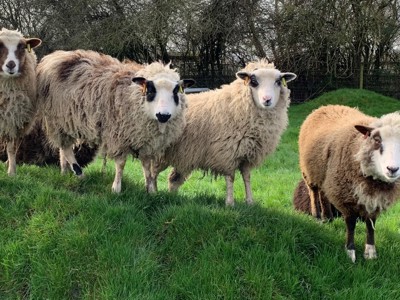
Staying Safe During Farm Visits
Washing your Hands
Do not use gels or wipes instead of washing your hands with soap and water!
However, it's great to sanitise your hands in between washing.
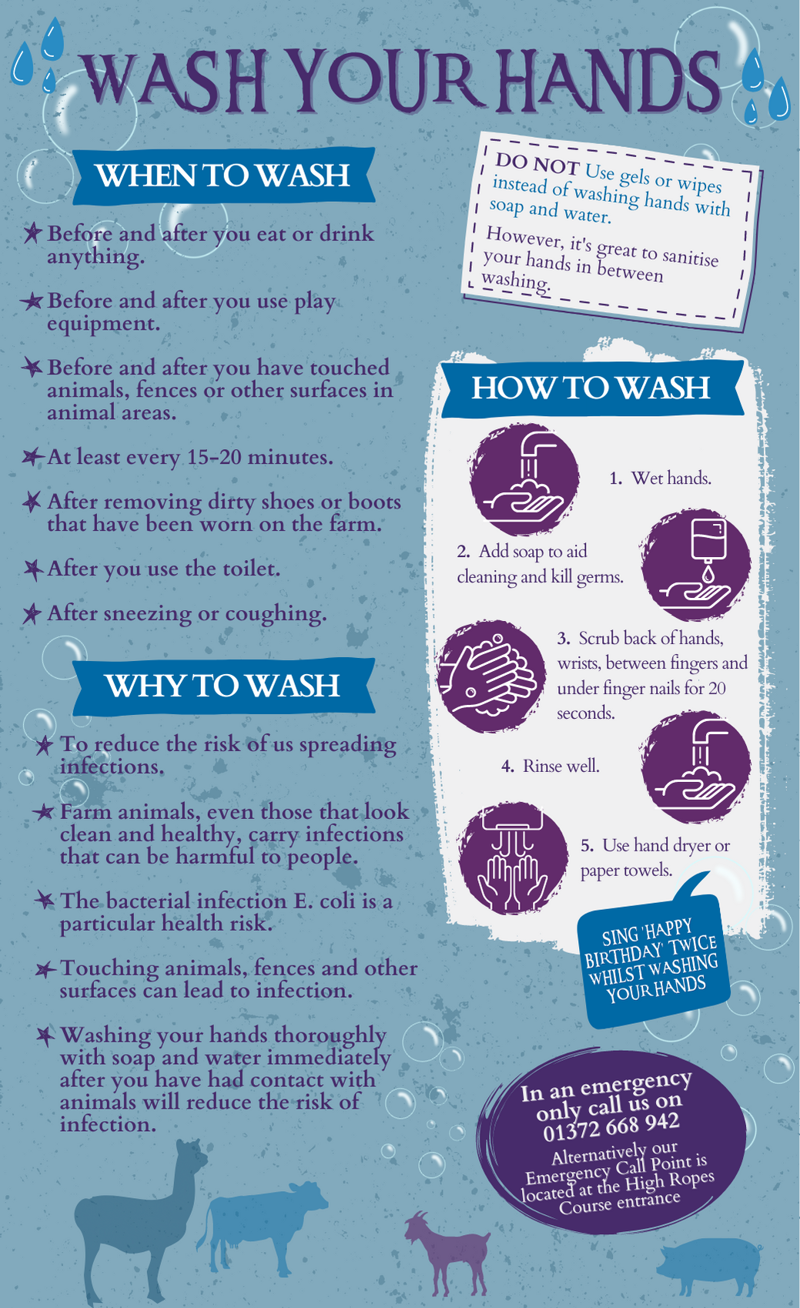
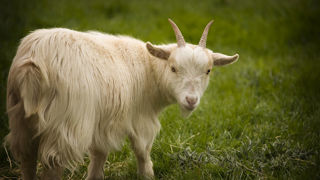
When to wash?
- Before and after you eat or drink anything
- Before and after you use play equipment
- Before and after you have touched animals, fences or other surfaces in animal areas
- At least every 15 - 20 minutes
- After removing dirty shoes or boots that have been worn on the farm
- After you use the toilet
- After sneezing or coughing
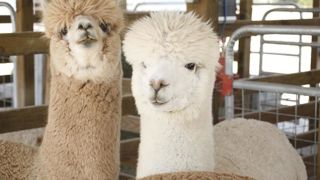
How to wash
- Wet your hands
- Add soap to aid cleaning and kill germs
- Scrub back of hands, wrists, between fingers and under fingernails for 20 seconds (sing Happy Birthday twice!)
- Rinse well
- Use hand dryer or paper towels
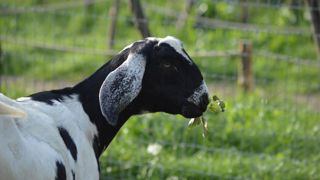
Why to wash?
- To reduce the risk of us spreading infections
- Farm animals, even those that look healthy, carry infections that can be harmful to people
- The bacterial infection E. Coli is a particular health risk
- Touching animals, fences and other surfaces can lead to infection
- Washing your hands thoroughly with soap and water immediately after you have had contact with animals will reduce the risk of infection
Information on how to stay safe during farm visits
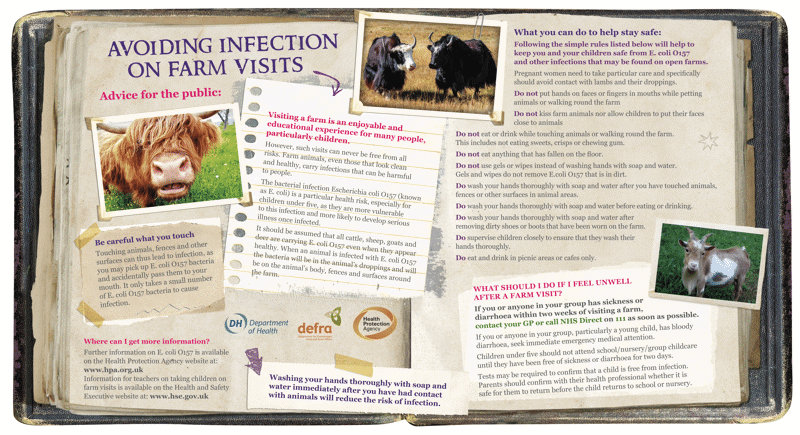
Visiting a farm is an enjoyable and educational experience for many people, particularly children.
However, such visits can never be free from all risks. Farm animals, even those that look clean and healthy, carry infections that can be harmful to people.
The bacterial infection Escherichia coli O157 (known as E. coli) is a particular health risk, especially for children under five, as they are more vulnerable to this infection and more likely to develop serious illnesses once infected.
It should be assumed that all cattle, sheep, goats and deer are carrying E. coli O157 even when they appear healthy. When an animal is infection with E. coli O157 the bacteria will be in the animal's droppings and will be on the animal's body, fences and surfaces around the farm.
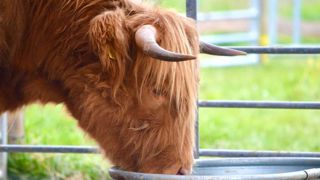
Touching animals, fences and other surfaces can thus lead to infection, as you may pick up E. coli O157 bacteria and accidentally pass them to your mouth. It only takes a small number of E. coli O157 bacteria to cause infection.
Following the simple rules listed below will help keey you and your children safe from E. coli O157 and other infections that may be found on open farms.
Pregnant women need to take particular care and specifically should avoid contact with lambs and their droppings.
Do not put hands on faces or fingers in mouths while petting animals or walking round the farm
Do not kiss farm animals nor allow children to put their faces close to animals
Do not eat or drink while touching animals or walking round the farm. This includes not eating sweets, crisps or chewing gum.
Do not eat anything that has fallen on the floor.
Do not use gels or wipes instead of washing hands with soap and water. Gels and wipes do not remove E. coli O157 that is in dirt.
Do wash your hands thoroughly with soap and water after you have touched animals, fences or other surfaces in animal areas.
Do wash your hands thoroughly with soap and water before eating or drinking.
Do wash your hands thoroughly with soap and water after removing dirty shoes or boots that have been worn on the farm.
Do supervise children closely to ensure that they wash their hands thoroughly.
Do eat and drink in picnic areas or cafes only.
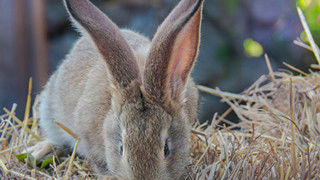
If you or anyone in your group has sickness or diarrhoea within two weeks of visiting a farm, contact your GP or call NHS Direct on 111 as soon as possible.
If you or anyone in your group, particularly a young child, has bloody diarrhoea, seek immediate emergency medical attention.
Children under five should not attend school/nursery/group childcare until they have been free of sickness or diarrhoea for two days.
Tests may be required to confirm that a child is free from infection. Parents should confirm with their health professional whether it is safe for them to return before the child returns to school or nursery.
Further information on E. coli O157 is available on the Health Protection Agency website at:
Information for teachers on taking children on farm visits is available on the Health and Safety Executive website at: